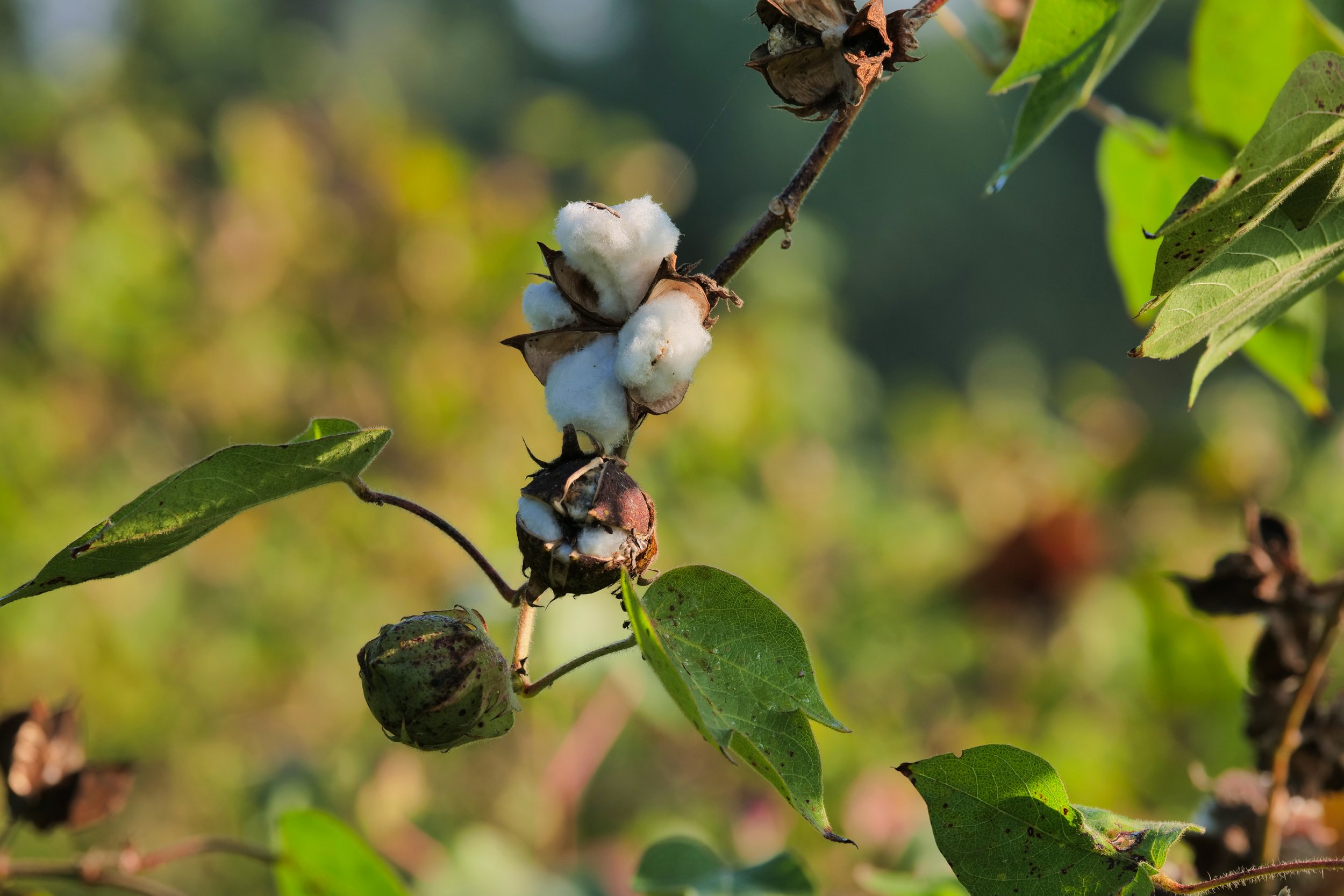Sustainable Cotton and the UN Sustainable Development Goals

Cotton accounts for almost 40% of global textile production and the industry supports an estimated 250 million livelihoods. Yet this sector continues to face significant agronomic and social challenges. Currently, only 12-15% of cotton is grown sustainably, therefore securing a sustainable and transparent supply in the future is vital.
Integrating sustainability into the cotton supply chain will reduce the industry’s impact on the natural environment, improve the livelihoods of millions who rely on the sector. By reducing the negative impacts in the cotton supply chain, we can also play a significant role in helping the world achieve the United Nation’s Sustainable Development Goals (SDGs).
CottonConnect’s programmes which include the REEL Cotton programme, BCI and Organic support businesses aiming for greater sustainability in their cotton supply chain.
HOW COTTONCONNECT AND BUSINESSES CAN MEET THE SDGS
We are working to meet the UN’s SDGs of poverty eradication, zero hunger, good health and well-being, gender equality and decent work through our training programmes with farmers in India, Pakistan, China, and Peru.
Our farmer training programmes help protect the environment and address climate action, life on land and water management. Initial findings from our 2016/17 aggregated impact assessment of all programmes, resulted in:
An average yield increase of 10.2%
A reduction in water usage of 18.6%
A reduction in chemical pesticide usage of 44.3%
A reduction in chemical fertiliser usage of 24.1%
A 30.3% increase in profits
A reduction in input costs of 6.1%
These results are closely aligned with the SDGs as they support farmers increase profits by saving on inputs such as pesticide and water. A reduction in chemicals helps improve health and wellbeing and introducing farmers to techniques such as intercropping provides additional income and sustenance, ultimately improving the livelihoods of cotton farming communities.
Furthermore, CottonConnect has worked with women to increase their knowledge and confidence through education programmes covering health, rights and enterprise development. The Gender Training Programme is helping to achieve commitments towards SDG No. 5: achieving gender equality and empowering all women and girls.
These practical solutions have been proven to be effective, and are increasingly being requested by global brands and retailers who realise that sustainability makes perfect business sense. They also see that securing a sustainable and transparent supply in the future is vital.






























